Home>Technology>Security & Surveillance>How To Lock A Commercial Door
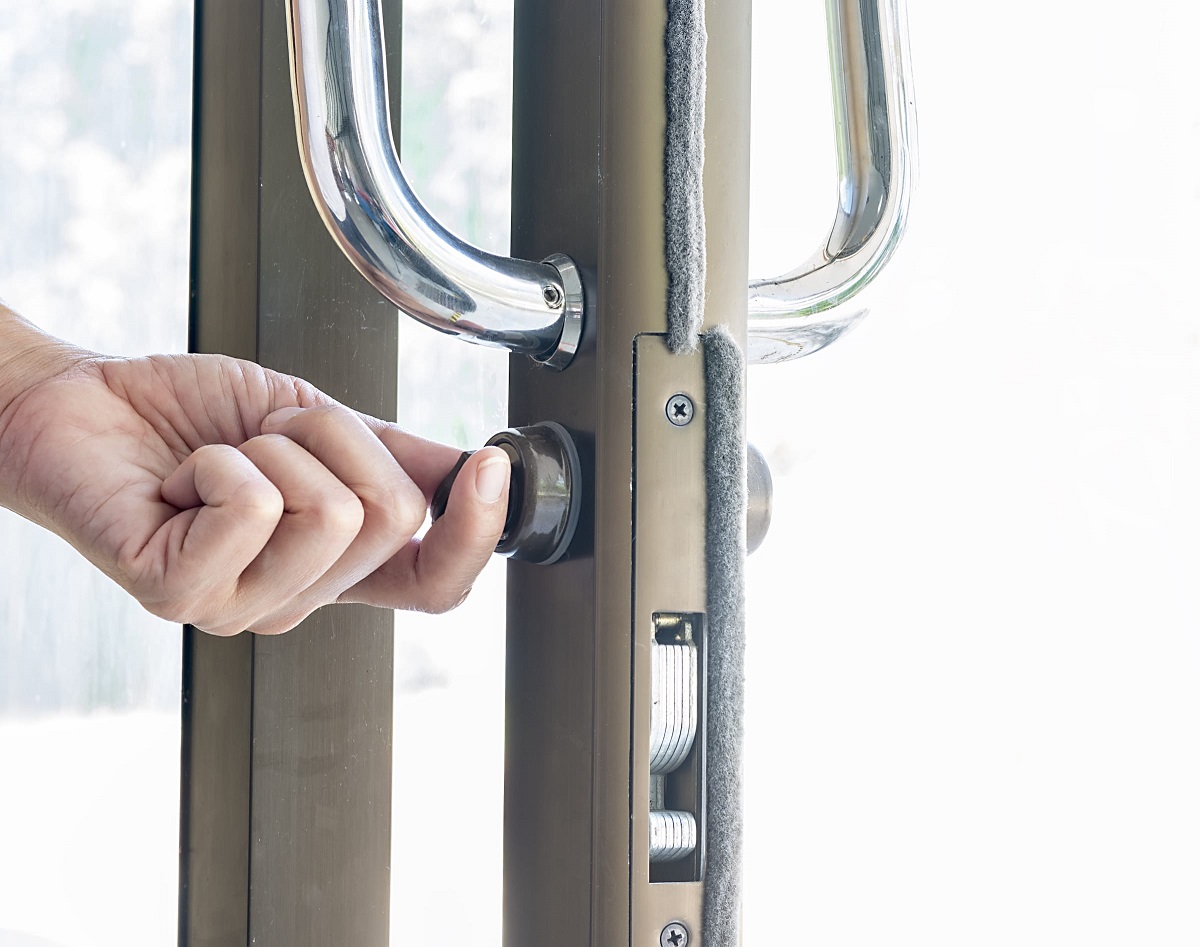

Security & Surveillance
How To Lock A Commercial Door
Modified: August 27, 2024
Discover the best methods for securing commercial doors with our comprehensive guide. Enhance your security and surveillance measures today! Unlock expert tips and advice.
(Many of the links in this article redirect to a specific reviewed product. Your purchase of these products through affiliate links helps to generate commission for Storables.com, at no extra cost. Learn more)
Introduction
When it comes to securing a commercial property, one of the most fundamental aspects is ensuring that the doors are properly locked. A robust and reliable commercial door lock not only safeguards the premises and its assets but also provides peace of mind to the occupants. Whether you are a business owner, property manager, or security professional, understanding the nuances of commercial door locks is crucial for maintaining a secure environment.
In this comprehensive guide, we will delve into the various types of commercial door locks, explore the factors to consider when choosing the right lock for your specific needs, and provide insights into the installation and maintenance of these essential security components. By the end of this article, you will be well-equipped with the knowledge to make informed decisions about securing commercial doors effectively.
So, let's embark on this journey to discover the intricacies of commercial door locks and empower ourselves with the expertise to fortify the security of commercial spaces.
Key Takeaways:
- Choose the right commercial door lock by considering security needs, operational efficiency, compliance, integration with security systems, durability, and user-friendly features. Prioritize both security and operational efficiency for effective security infrastructure.
- Properly maintain commercial door locks through regular cleaning, lubrication, inspection for wear, testing operation, adjustments, and professional maintenance. Regular maintenance ensures reliable security and access control for commercial properties.
Read more: How To Change A Commercial Door Lock
Types of Commercial Door Locks
Commercial door locks come in various types, each designed to cater to specific security needs and operational requirements. Understanding the characteristics and functionalities of these locks is essential for making informed decisions when it comes to securing commercial properties. Here are some common types of commercial door locks:
- Deadbolt Locks: Known for their robustness, deadbolt locks are popular in commercial settings due to their resistance to forced entry. They feature a solid metal bolt that extends into the door jamb, providing excellent security.
- Keyless Entry Systems: Utilizing electronic keypads, card readers, or biometric scanners, keyless entry systems eliminate the need for traditional keys. They offer convenience and allow for efficient access control, making them ideal for high-traffic commercial areas.
- Mortise Locks: Commonly found in commercial and institutional buildings, mortise locks are durable and offer a high level of security. They are installed within the door, featuring intricate internal mechanisms that provide enhanced protection against tampering.
- Smart Locks: Leveraging cutting-edge technology, smart locks enable remote access control and monitoring through connected devices. They offer advanced security features such as activity logs, tamper alerts, and temporary access codes, making them suitable for modern commercial environments.
- Panic Bars: Also known as exit devices, panic bars are crucial for emergency exits in commercial buildings. They allow for quick and easy egress during crises while maintaining security by preventing unauthorized entry from the outside.
- Keypad Locks: These locks require users to input a predefined code for access. They are widely used in commercial settings where multiple individuals need access without the hassle of physical keys.
Each type of commercial door lock offers distinct advantages, and the choice depends on factors such as the level of security required, the frequency of access, and the nature of the commercial establishment. By understanding the characteristics of these locks, you can make informed decisions that align with your specific security needs.
Choosing the Right Lock
When it comes to selecting a commercial door lock, several factors must be carefully considered to ensure that the chosen lock aligns with the security requirements and operational dynamics of the commercial space. Here are essential considerations to help you choose the right lock:
- Security Needs: Assess the level of security required for the commercial property. High-security areas may benefit from robust locks such as deadbolts or smart locks, while low-traffic zones might suffice with standard keyless entry systems.
- Operational Efficiency: Consider the operational aspects of the lock. For high-traffic areas, keyless entry systems or smart locks offer convenient access control and monitoring capabilities, streamlining the entry process for employees, visitors, and authorized personnel.
- Compliance Requirements: Ensure that the chosen lock complies with relevant building codes and regulations, especially for commercial properties. Certain establishments may have specific requirements for emergency exits, accessibility, or fire safety, necessitating the use of compliant locks and exit devices.
- Integration with Security Systems: If the commercial property is equipped with security systems such as access control systems or surveillance cameras, consider locks that seamlessly integrate with these systems. Smart locks, for instance, offer connectivity features that enable centralized control and monitoring.
- Durability and Weather Resistance: Evaluate the durability and weather resistance of the lock, especially for exterior doors. Commercial door locks should withstand varying environmental conditions and provide long-term reliability to ensure consistent security.
- User-Friendly Features: Consider the user experience and convenience features offered by the lock. Keyless entry systems and smart locks often provide user-friendly functionalities such as remote access control, temporary access codes, and activity logs, enhancing the overall security management experience.
By carefully evaluating these factors, you can make an informed decision when choosing a commercial door lock that not only meets security needs but also aligns with the operational and logistical requirements of the commercial space. It is essential to prioritize both security and operational efficiency to create a well-rounded and effective security infrastructure.
Make sure the door’s locking mechanism is in good condition. Use a heavy-duty deadbolt lock and consider adding a security bar or reinforced strike plate for extra protection.
Installing the Lock
Proper installation of a commercial door lock is crucial to ensure its effectiveness in providing security and operational functionality. Whether you are replacing an existing lock or installing a new one, following best practices for installation is essential. Here are the key steps involved in installing a commercial door lock:
- Assessment and Preparation: Begin by assessing the door and frame to ensure that they are in good condition and suitable for the chosen lock. Remove any existing hardware and prepare the door surface for installation.
- Positioning and Marking: Determine the appropriate height and positioning for the lock and accompanying hardware. Use a measuring tape and marking tools to outline the precise locations for drilling and mounting the components.
- Drilling and Cutting: Carefully drill holes for the lock cylinder, latch, and any additional components as per the manufacturer’s specifications. If installing a mortise lock, ensure that the mortise pocket is accurately cut to accommodate the lock body.
- Mounting the Lock: Securely mount the lock and accompanying hardware onto the door, ensuring that all components align correctly and operate smoothly. Follow the manufacturer’s instructions for fastening and adjusting the lock mechanism.
- Testing and Adjustment: Test the functionality of the lock by operating the key or electronic access controls. Ensure that the latch engages properly with the strike plate, and the lock operates smoothly without binding or sticking. Make any necessary adjustments to ensure optimal performance.
- Integration with Access Control Systems: If installing a smart lock or keyless entry system, integrate the lock with the designated access control system. Follow the manufacturer’s guidelines for connecting and configuring the lock to enable seamless communication and functionality.
It is important to emphasize the precision and attention to detail required during the installation process to ensure that the commercial door lock functions as intended. If you are uncertain about the installation procedures or encounter complexities, seeking professional locksmith services can ensure that the lock is installed with precision and expertise.
By following these steps and considering professional assistance when needed, you can effectively install a commercial door lock, bolstering the security and access control capabilities of the commercial property.
Maintaining the Lock
Proper maintenance of commercial door locks is essential to uphold their functionality, longevity, and overall effectiveness in providing security. Regular maintenance routines can prevent premature wear, address minor issues before they escalate, and ensure that the locks continue to operate smoothly. Here are key maintenance practices to keep commercial door locks in optimal condition:
- Regular Cleaning: Dust, dirt, and debris can accumulate within the lock mechanism over time, affecting its performance. Regularly clean the lock and its components using a soft brush, compressed air, or a mild solvent to remove any buildup and maintain smooth operation.
- Lubrication: Apply a small amount of graphite or silicone-based lubricant to the keyway, latch, and other moving parts of the lock. This helps reduce friction, prevents corrosion, and ensures that the lock operates effortlessly. Avoid using oil-based lubricants, as they can attract dirt and cause internal components to gum up over time.
- Inspecting for Wear and Damage: Periodically inspect the lock, strike plate, and associated hardware for signs of wear, corrosion, or damage. Worn components should be promptly replaced to prevent compromised security and potential malfunctions.
- Testing Operation: Regularly test the lock’s operation by engaging the key or access controls. Ensure that the key turns smoothly, the latch retracts and extends without resistance, and electronic components function as intended. Address any irregularities promptly to prevent operational issues.
- Adjustments and Alignments: If the lock mechanism or strike plate becomes misaligned over time, it can lead to difficulty in latching or unlocking the door. Make necessary adjustments to ensure that the lock aligns correctly with the strike plate and the door closes and locks seamlessly.
- Professional Maintenance: Engage the services of a professional locksmith for periodic maintenance and inspections of commercial door locks. Locksmiths can identify potential issues, perform intricate adjustments, and recommend proactive measures to enhance the longevity and security of the locks.
By incorporating these maintenance practices into the overall security management strategy, you can ensure that commercial door locks remain in optimal condition, providing reliable security and access control for the commercial property. Regular maintenance not only safeguards the investment in security infrastructure but also contributes to a safe and secure environment for occupants and assets.
Read also: 12 Best Commercial Door Lock For 2025
Conclusion
Securing commercial spaces with robust and reliable door locks is an essential aspect of maintaining a safe and protected environment. By understanding the diverse types of commercial door locks available, making informed decisions when choosing the right lock, and following best practices for installation and maintenance, businesses and property managers can fortify their premises with effective security measures.
Choosing the appropriate lock involves a thoughtful consideration of security needs, operational dynamics, compliance requirements, and integration with modern security systems. Whether opting for traditional deadbolt locks, advanced smart locks, or keyless entry systems, aligning the lock with the specific demands of the commercial property is paramount.
Proper installation of commercial door locks demands precision, attention to detail, and adherence to manufacturer guidelines. This ensures that the locks operate seamlessly and provide the intended level of security and access control. When faced with complexities or uncertainties during installation, seeking professional locksmith services can guarantee the proper setup of the locks.
Regular maintenance of commercial door locks is a proactive approach to preserving their functionality and longevity. By incorporating routine cleaning, lubrication, inspection for wear, and professional maintenance, businesses can uphold the reliability and effectiveness of their security infrastructure.
Ultimately, the security of commercial properties hinges on the strength and integrity of the door locks in place. By arming oneself with knowledge about the types, selection, installation, and maintenance of commercial door locks, one can take proactive steps to create a secure and resilient environment for employees, customers, and assets.
With a comprehensive understanding of commercial door locks and a commitment to best practices, businesses can safeguard their interests and foster a culture of safety and security within their commercial premises.
Frequently Asked Questions about How To Lock A Commercial Door
Was this page helpful?
At Storables.com, we guarantee accurate and reliable information. Our content, validated by Expert Board Contributors, is crafted following stringent Editorial Policies. We're committed to providing you with well-researched, expert-backed insights for all your informational needs.
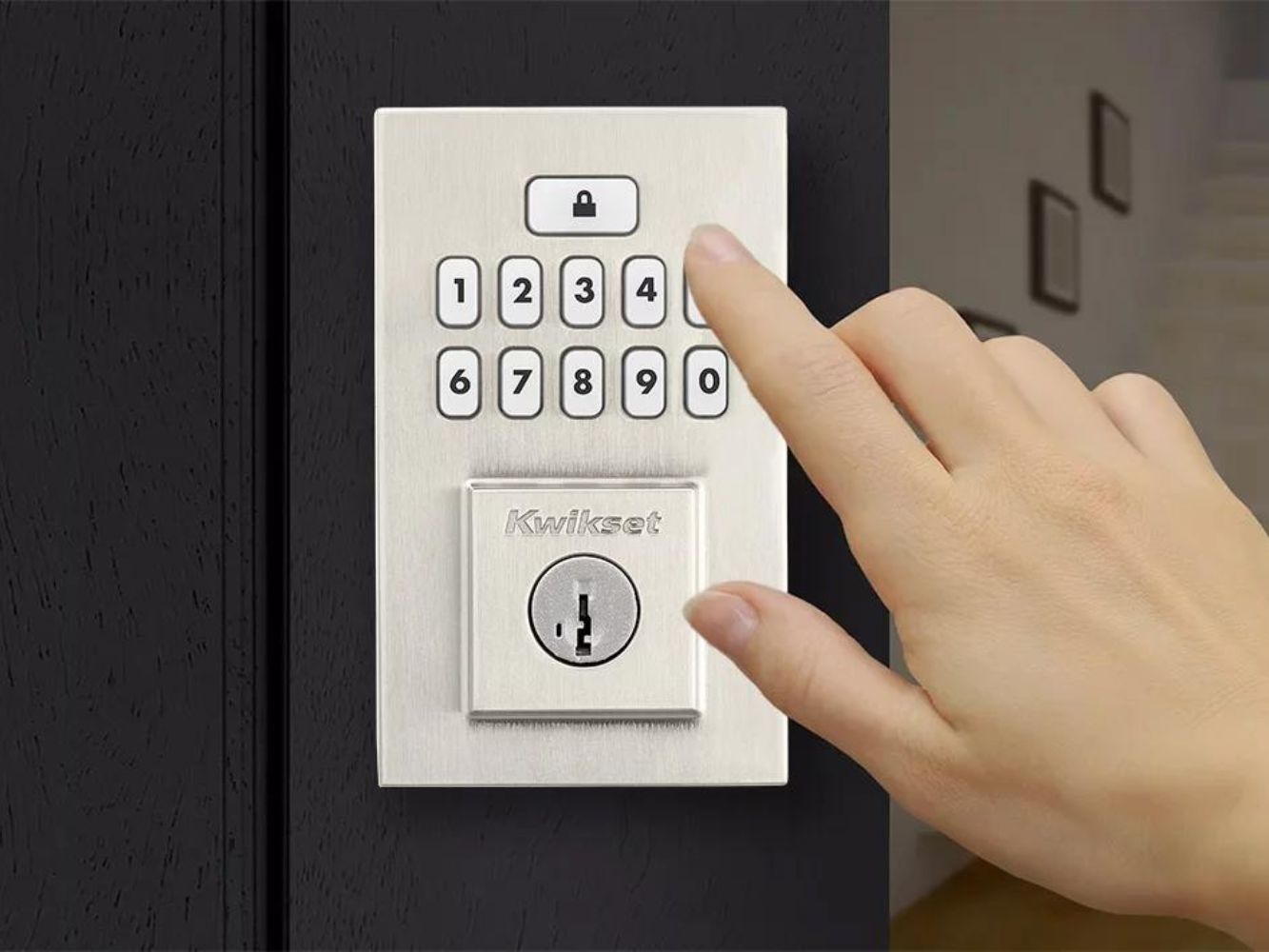
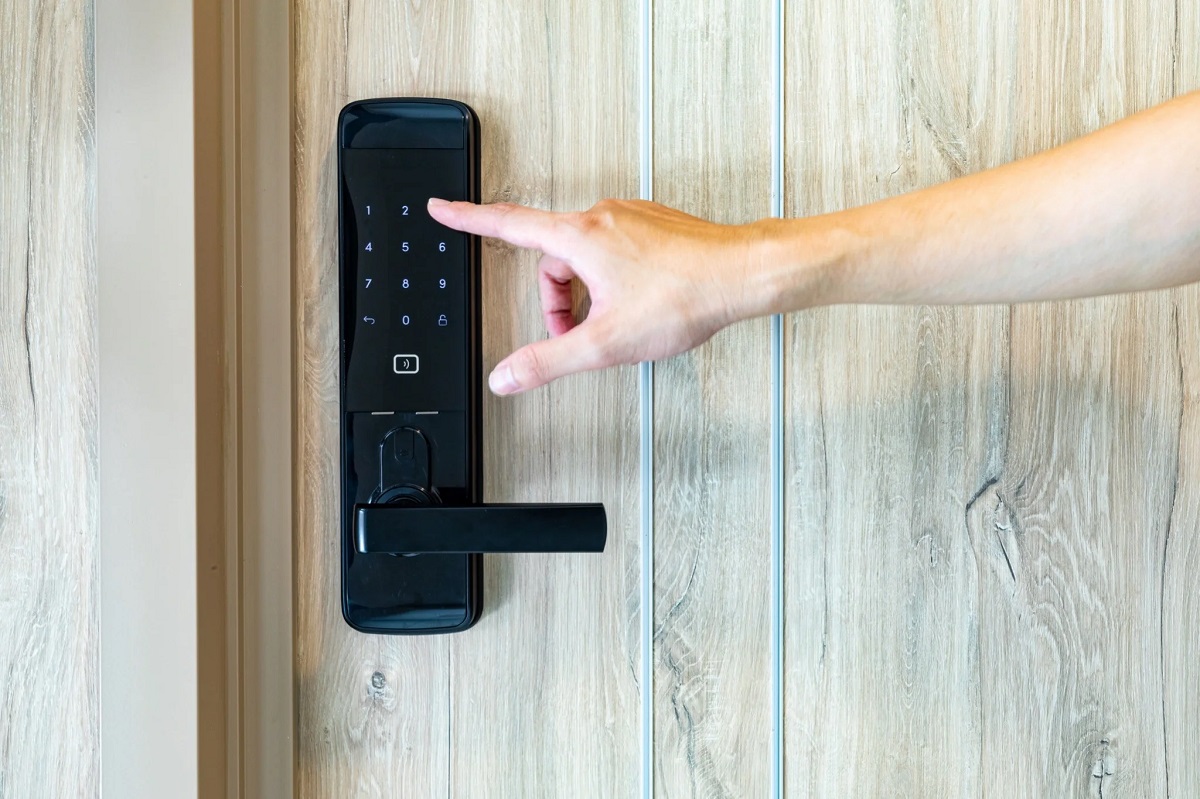
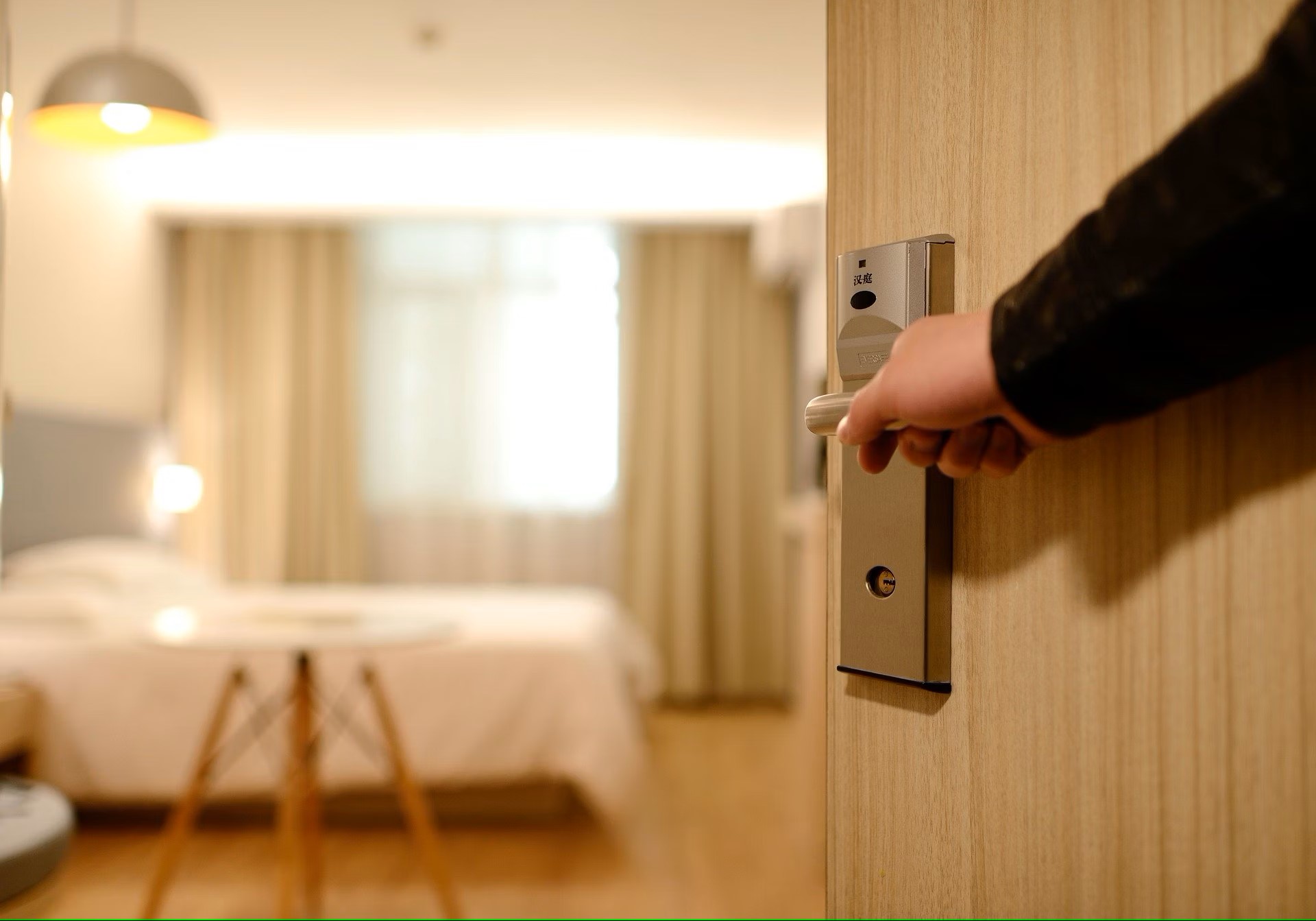
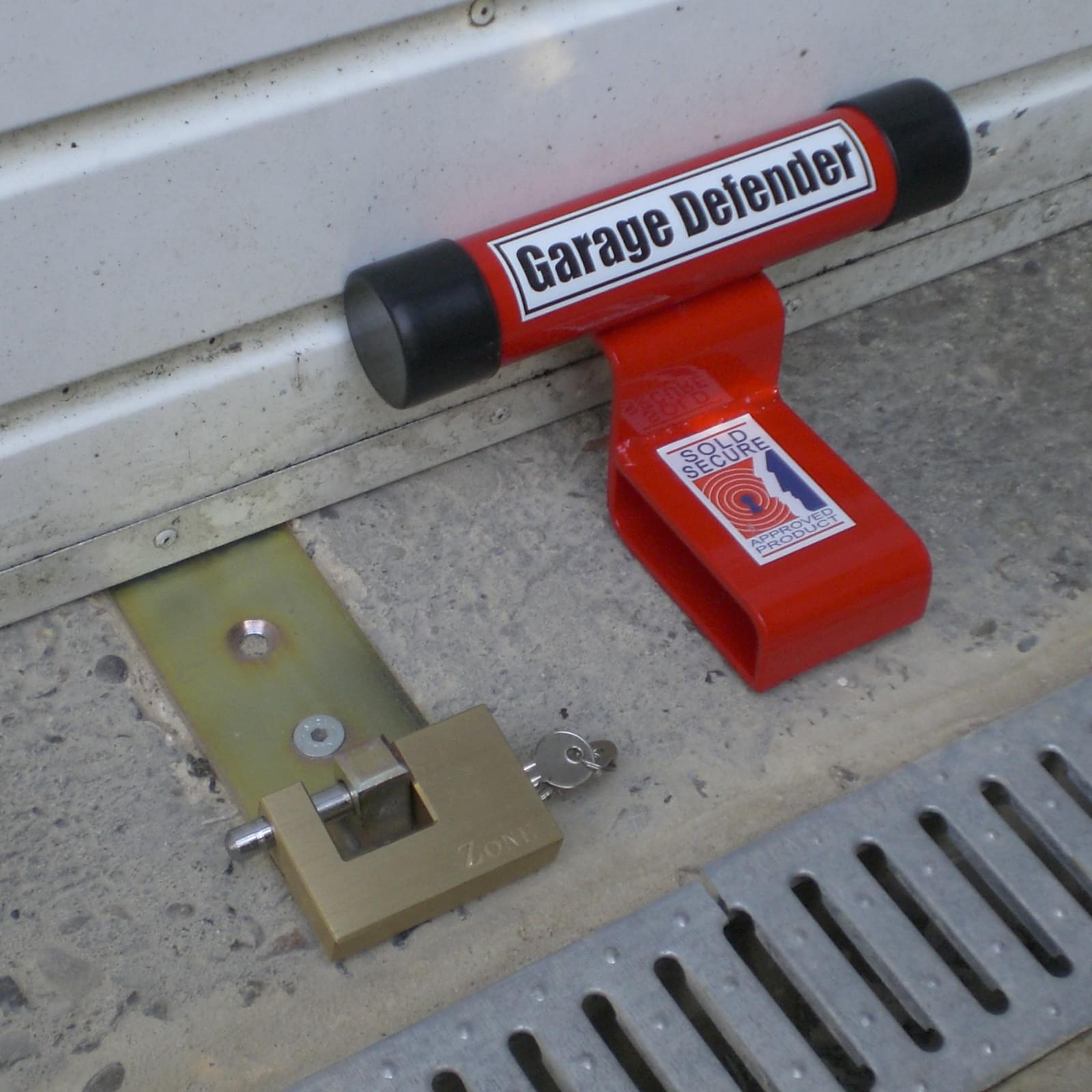
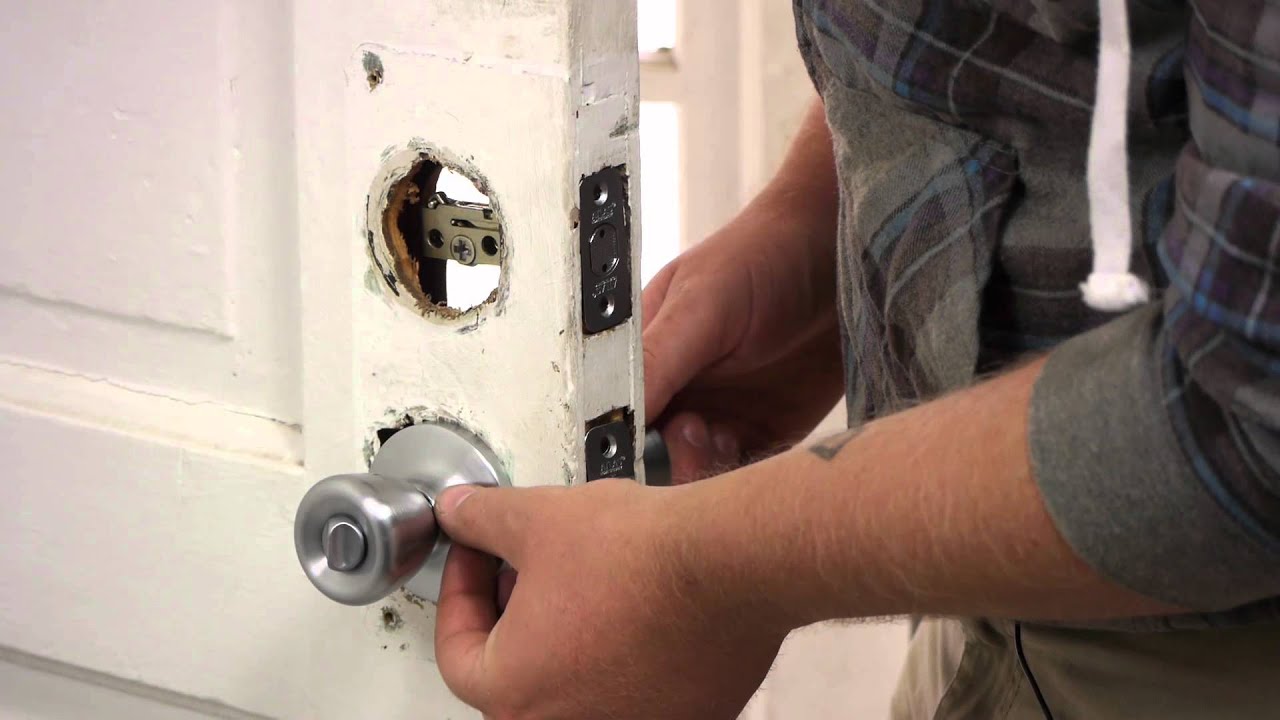
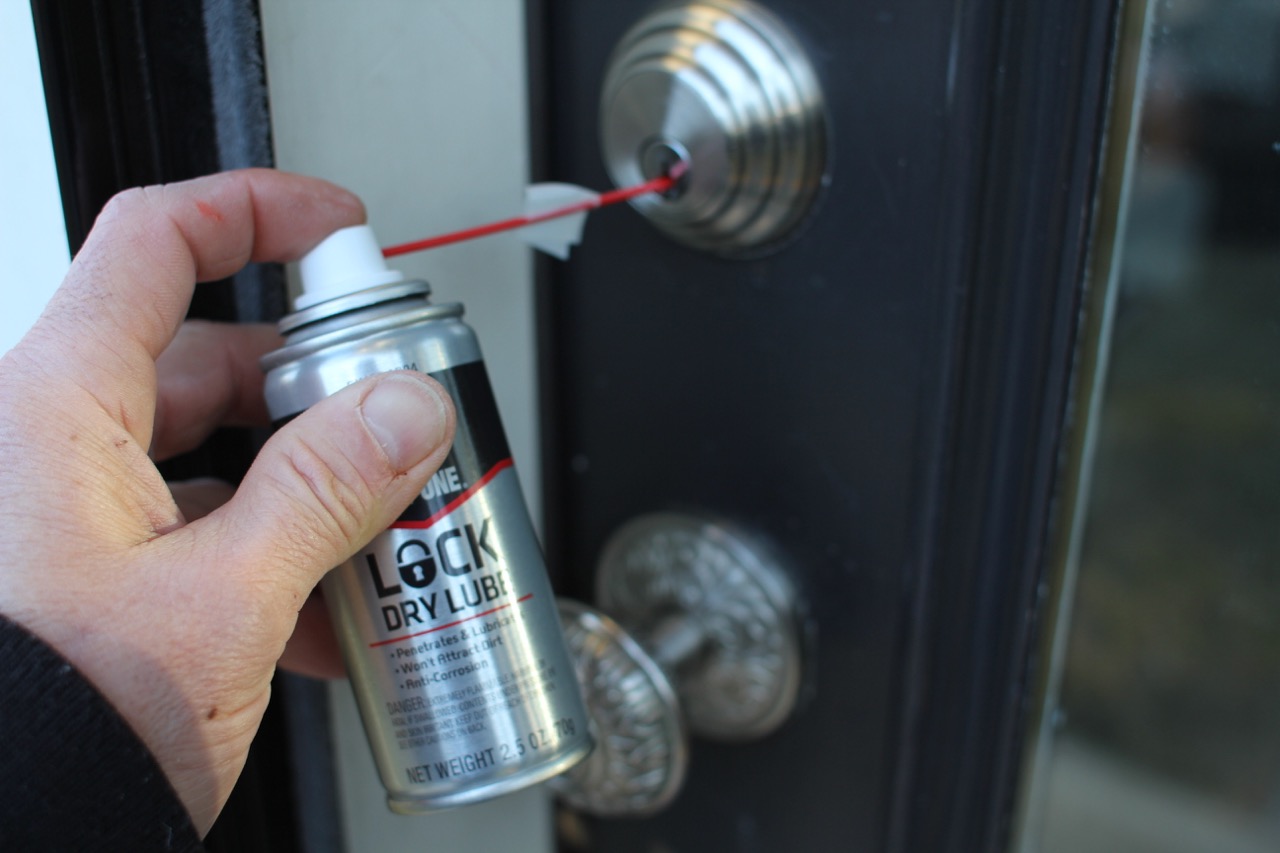
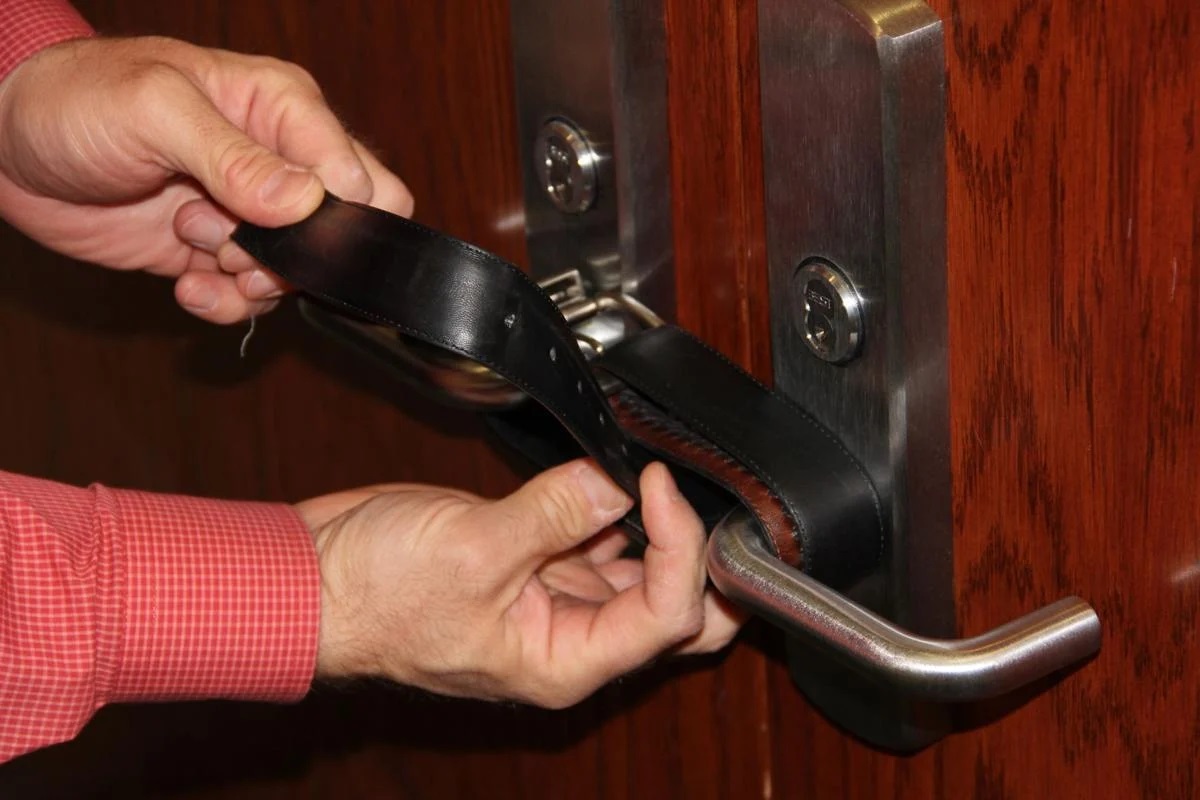
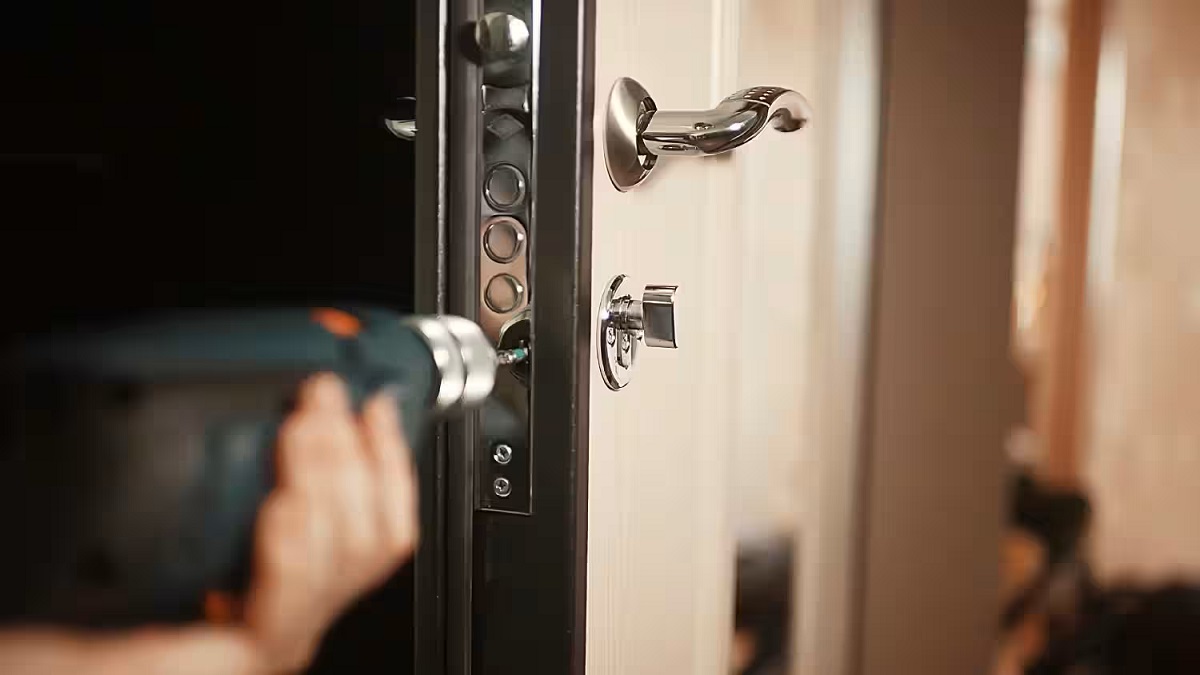
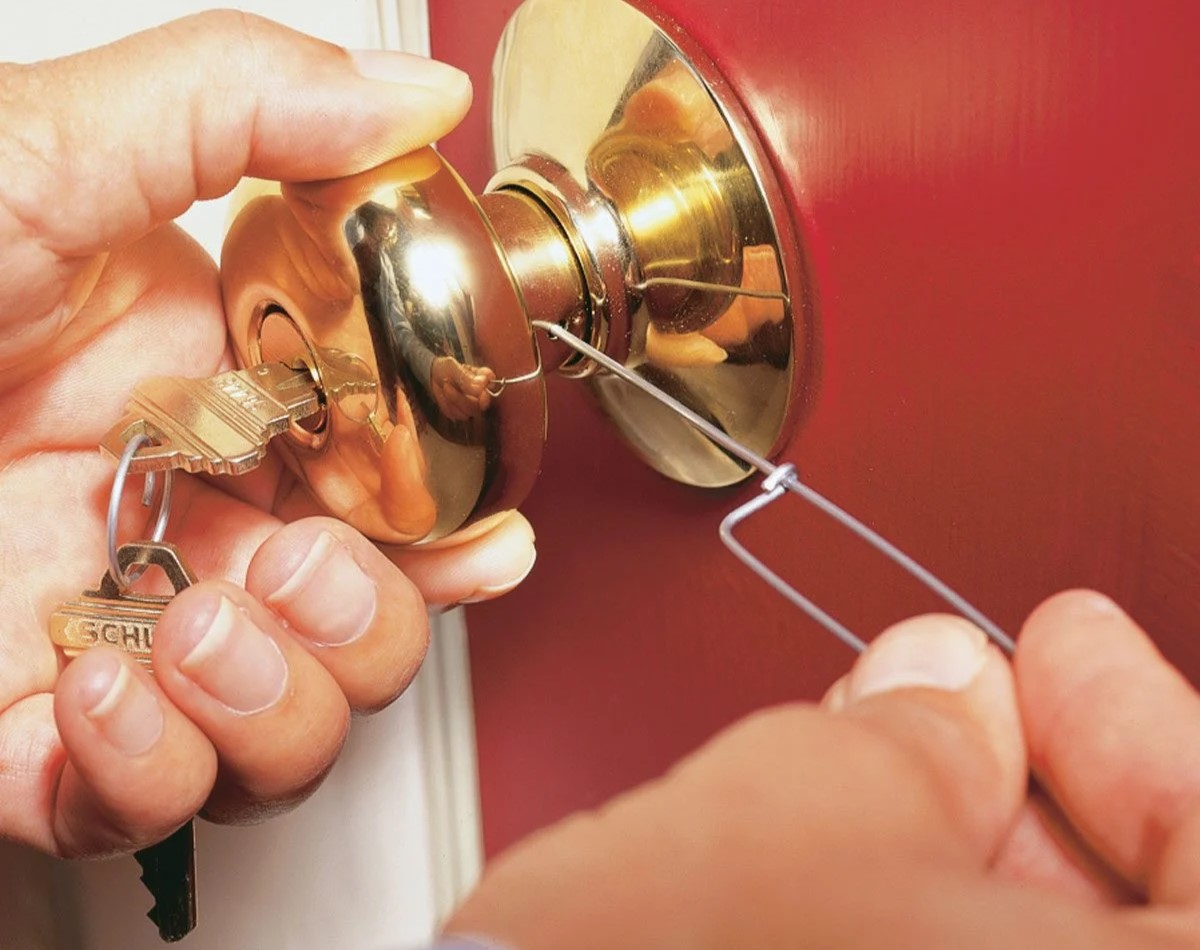
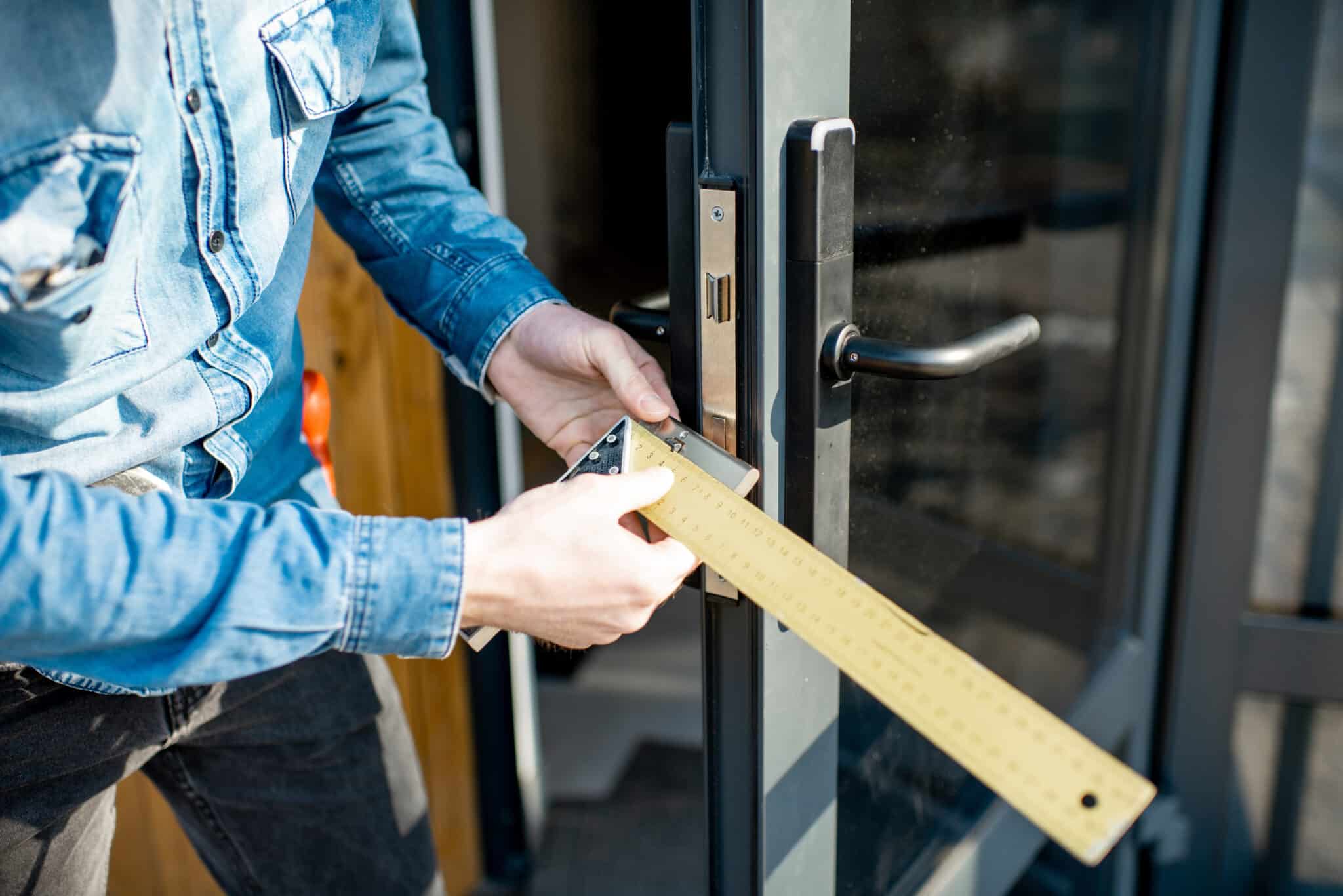
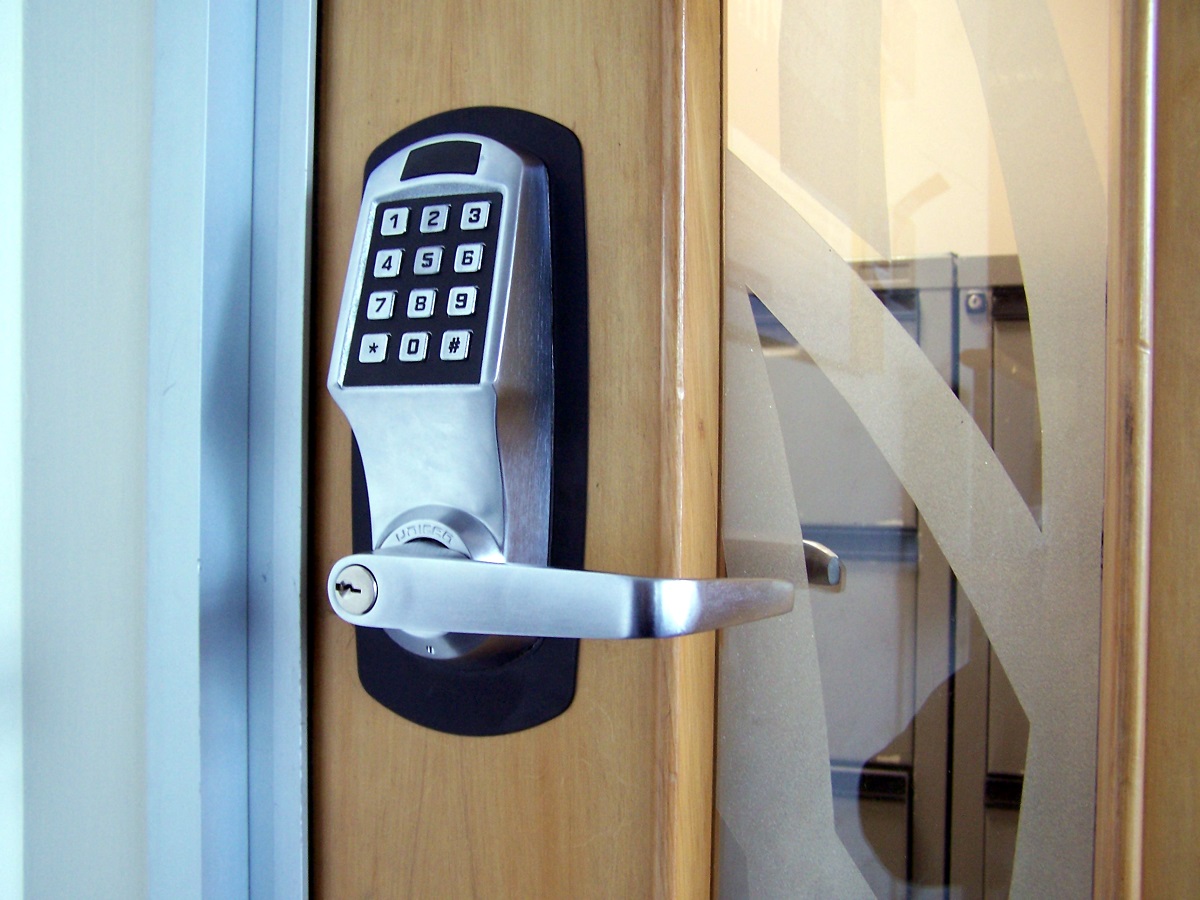
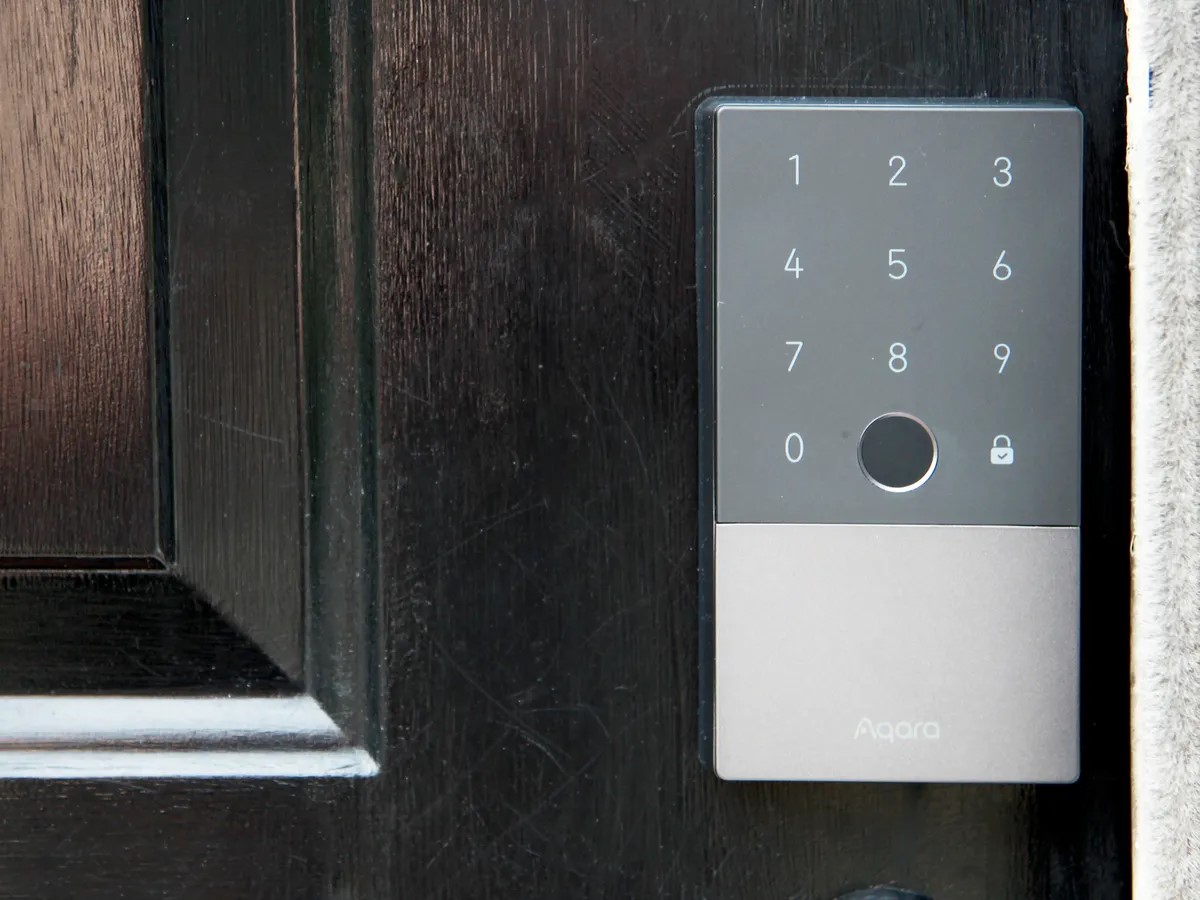
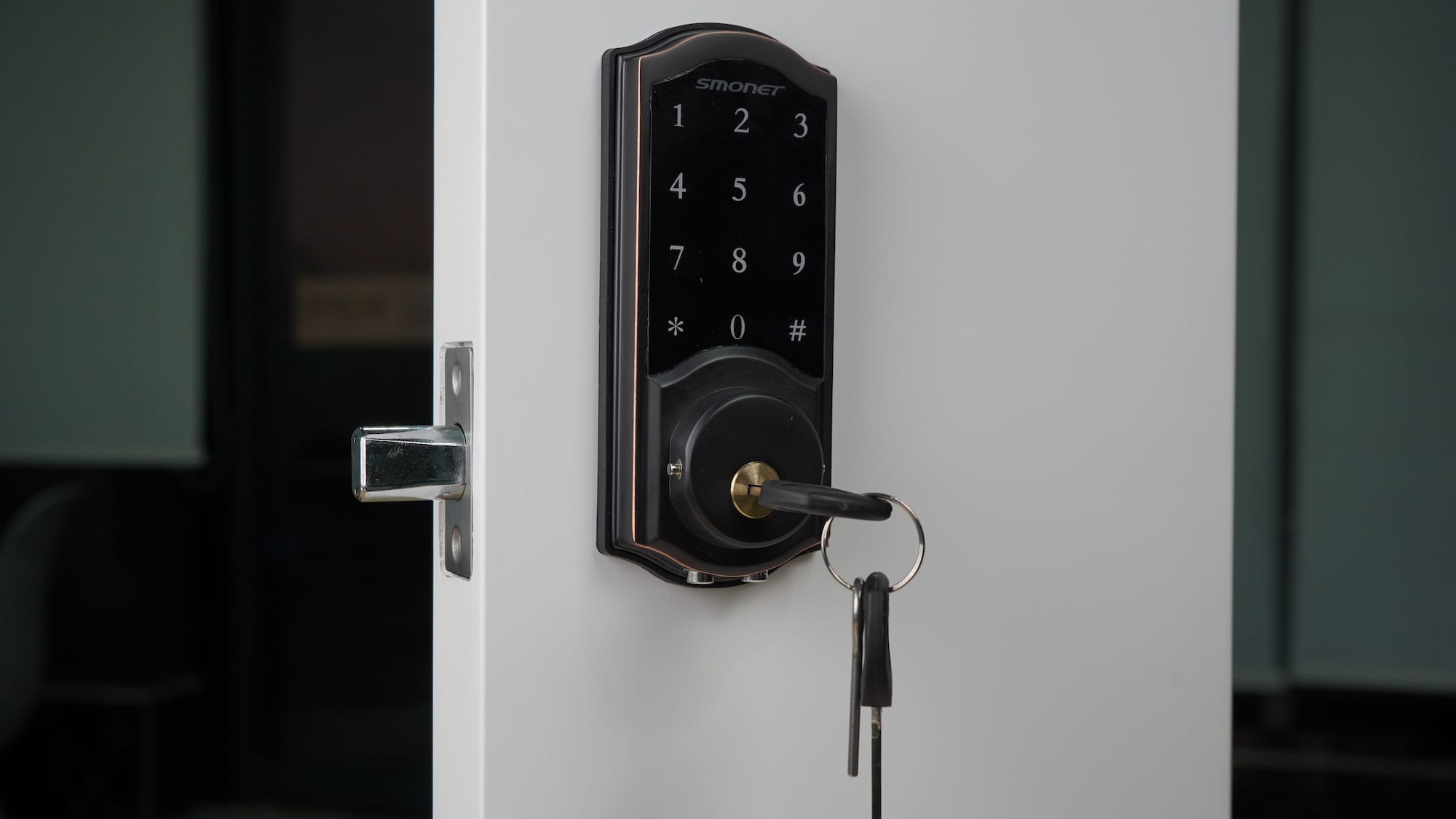
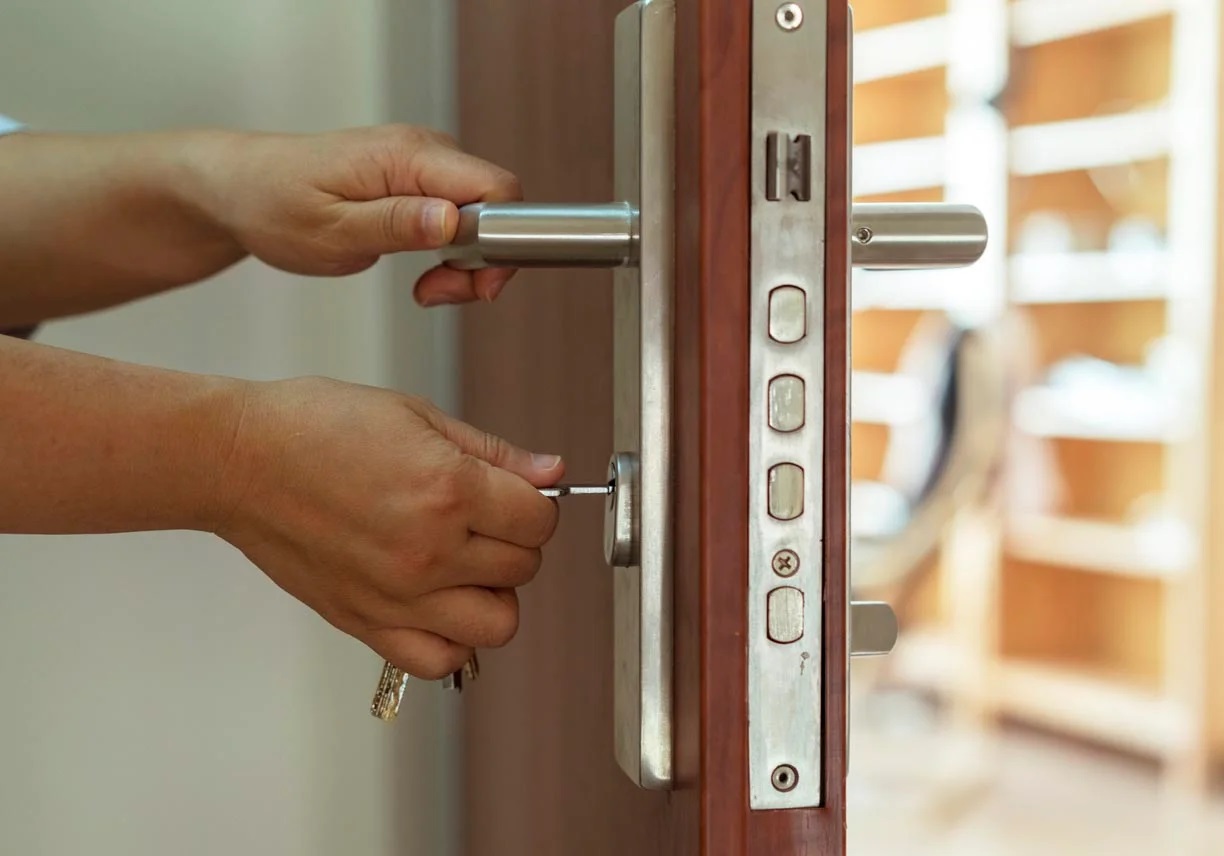

0 thoughts on “How To Lock A Commercial Door”